
Polyester is the new cotton – in all the wrong ways
The first polyester felt awkward to wear, but later versions blended in better with other fabrics and now you can barely notice that you're wearing it. Around the year 2000, production of both cotton and polyester was at 25 million metric tons, but in 2020 polyester production is predicted to reach 100 million tons, four times that of cotton.Yes, you read that correctly. You're currently wrapped in plastics that's used to make conveyor belts and ketchup bottles.
What polyester really is, and why you should avoid it
Polyester textiles are chemically dyed with petrol and coal-tar
Polyester prevents your skin from breathing and is linked to several skin diseases
Polyester can be cancerous
As if those things weren't bad enough, polyester can also make you stink
Suffocating our planet
Couldn't care less about those health risks? Perhaps this will make you reconsider. Polyester doesn't just jeopardize your own well-being, but that of 7.2 billion others as well. With the rapid increase of polyester textiles, our environment will take heavy damage. Here's why:
- Polyester is non-biodegradable, which means it's a non-renewable resource and will persist in the eco-system
- More than 70 billion barrels of oil are used to make polyester each year
- Polyester and other synthetic garments are the biggest source of microplastic pollution in the oceans
- It requires twice the energy needed to produce cotton and generates a lot more waste water
- Carcinogens and other harmful chemicals used in polyester production can cause significant environmental damage if emitted in water, which happens daily in countries with lax environmental regulations where polyester is often produced
The solution
To put it simply: Buy less but better.
The average American throws away their body weight in clothes each year. When those clothes are non-biodegradable, this naturally creates a vicious circle that our planet isn't able to escape. We have to act before it's too late. And we can do so by buying less and buying better. Aizome Bedding is part of a new frontier of green companies that are taking this issue seriously, both when it comes to the destruction of our planet and our personal well-being. Our luxury organic bedding is made of natural indigo and organic cotton, a treat for body and Mother Nature alike. It is also GOTS and OEKO-TEX certified, having gotten the stamp of approval from the leading organic textile regulatory bodies. To purchase a set of Aizome bed linen, click the button below.

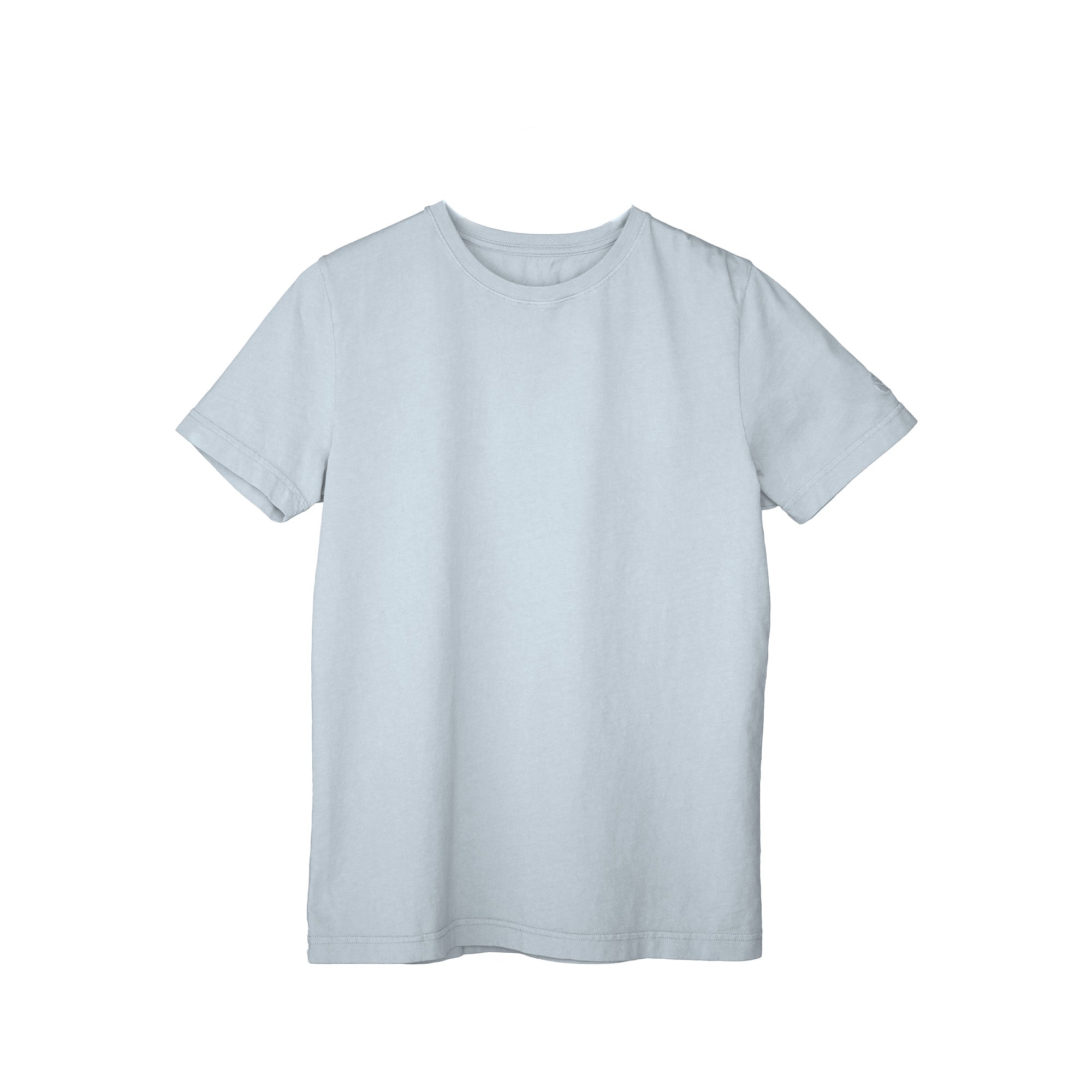

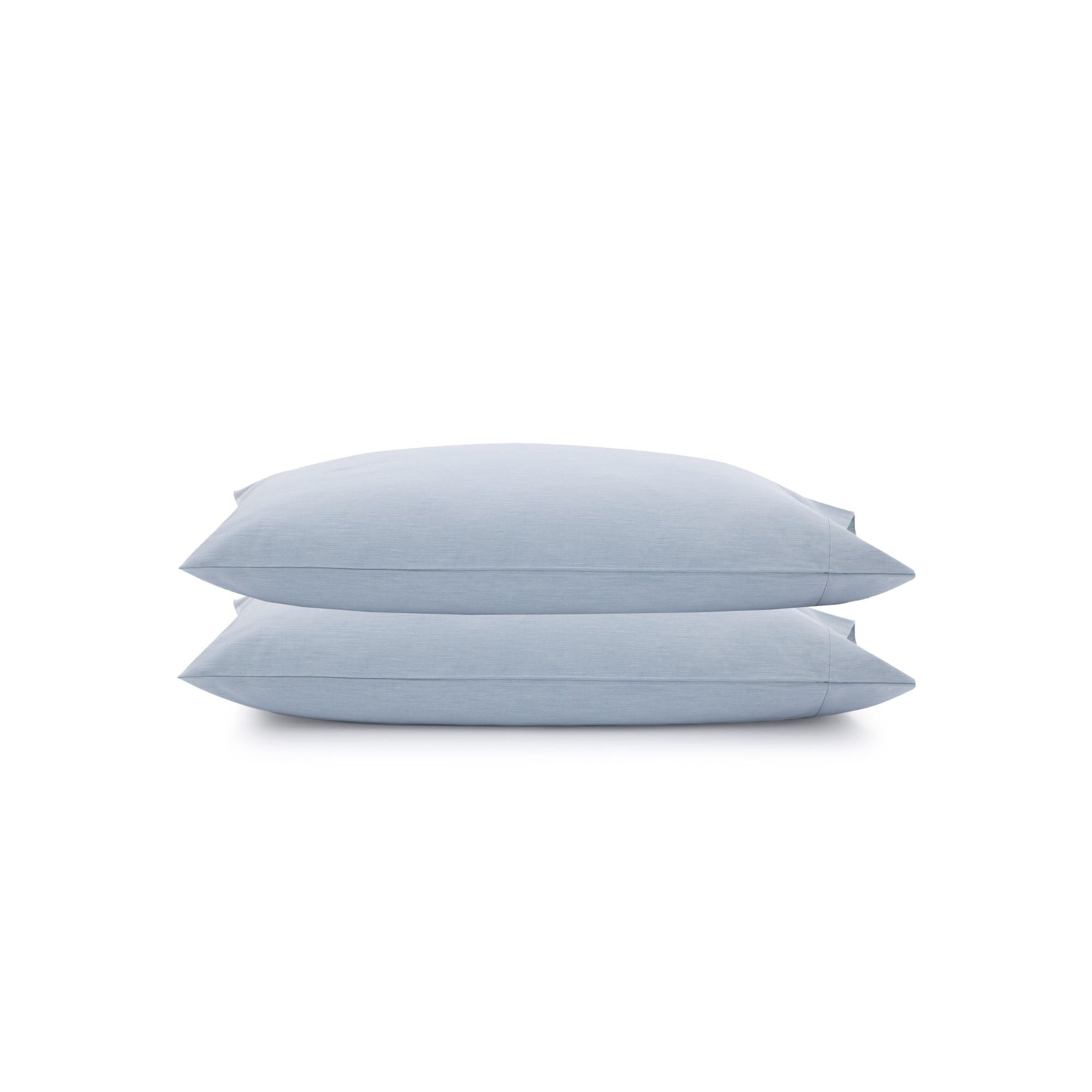
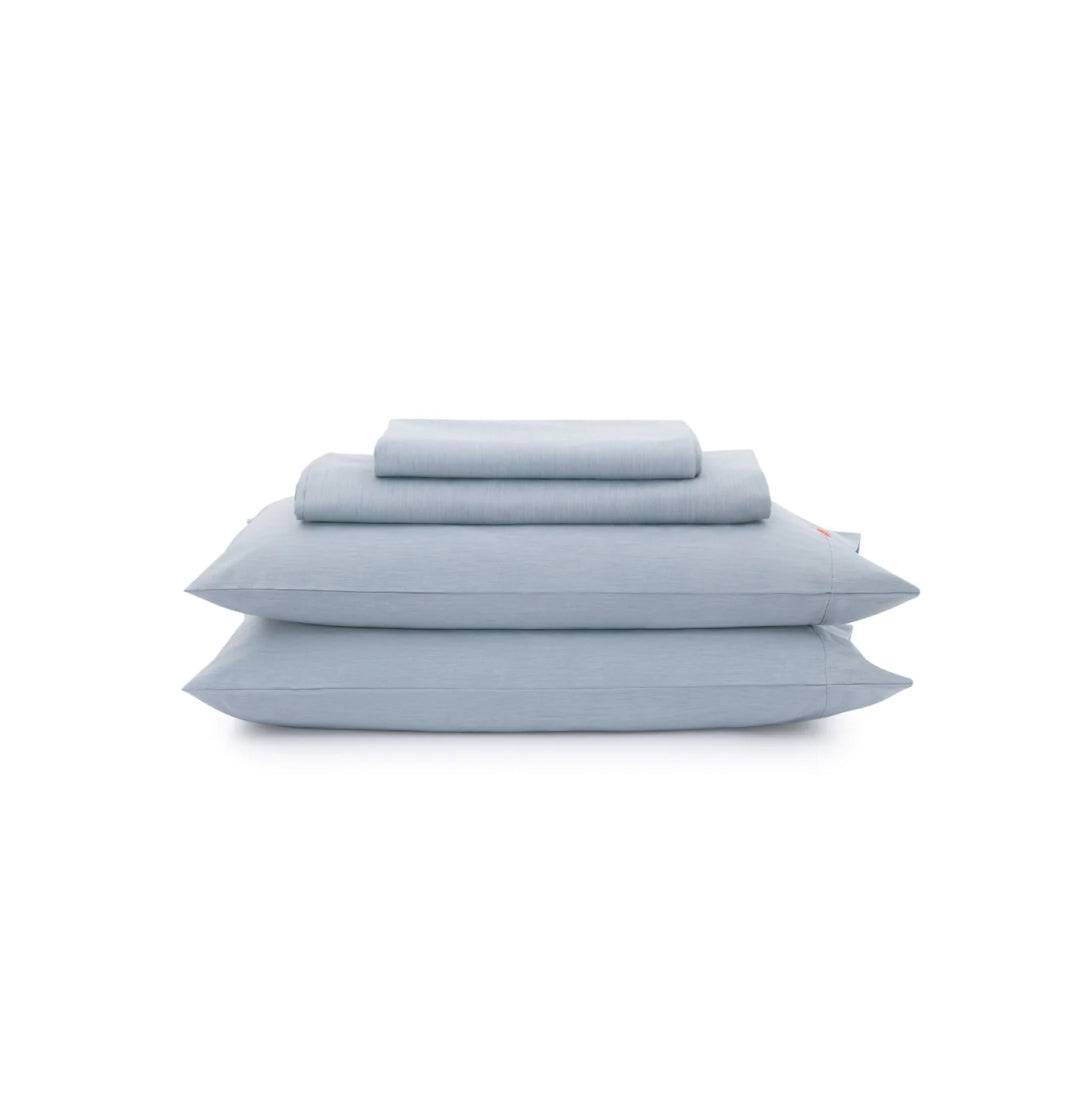
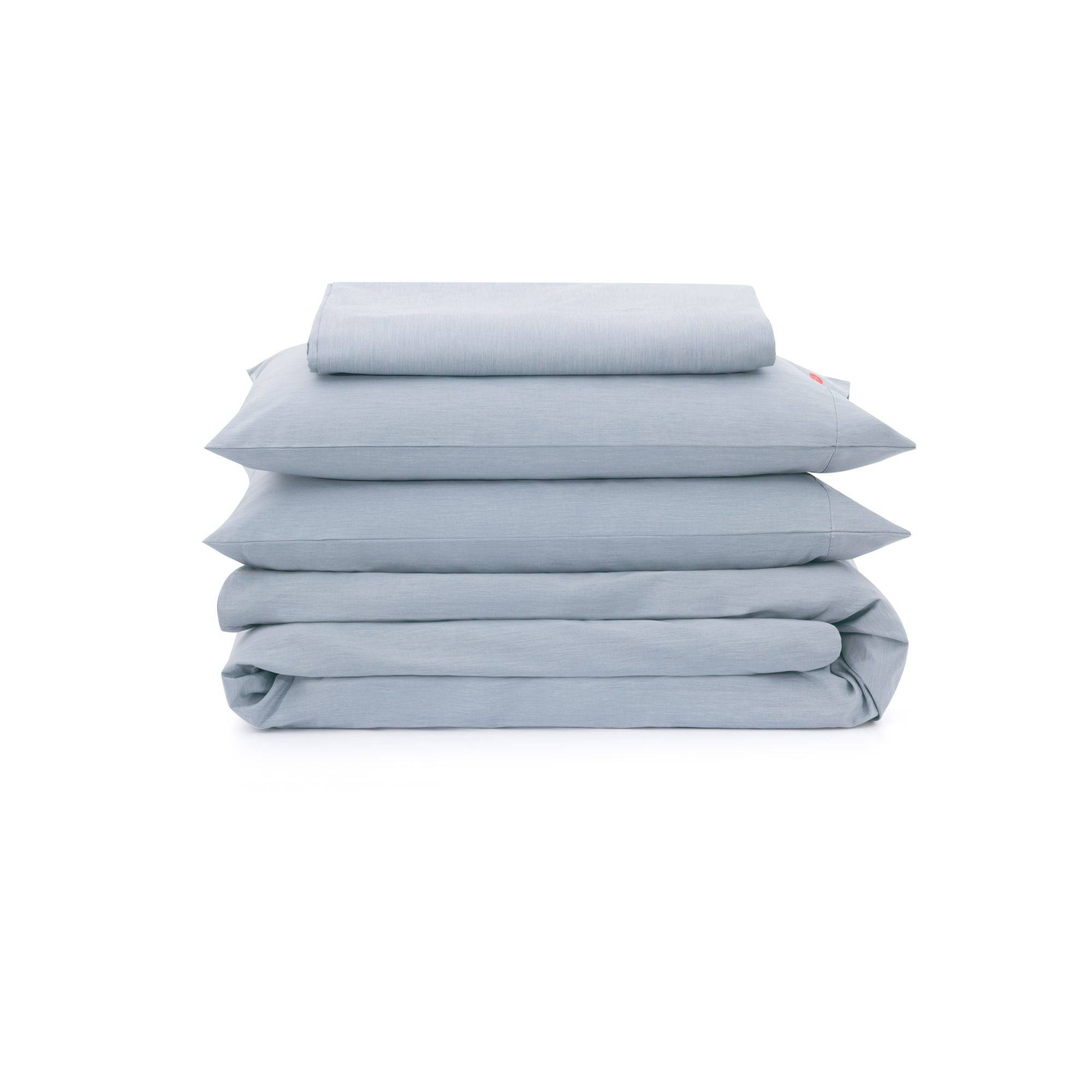
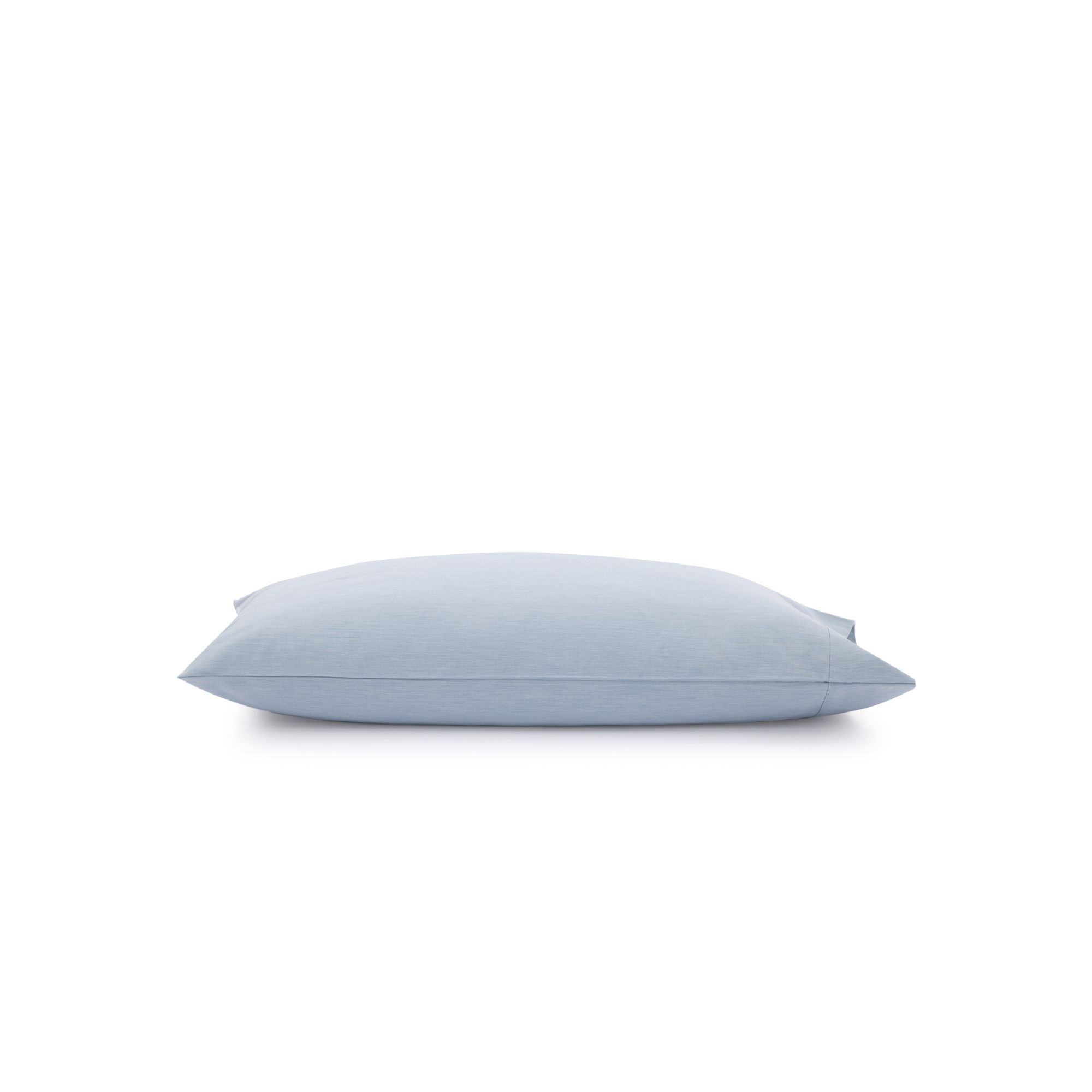
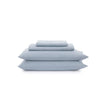



Leave a comment
All comments are moderated before being published.
This site is protected by hCaptcha and the hCaptcha Privacy Policy and Terms of Service apply.